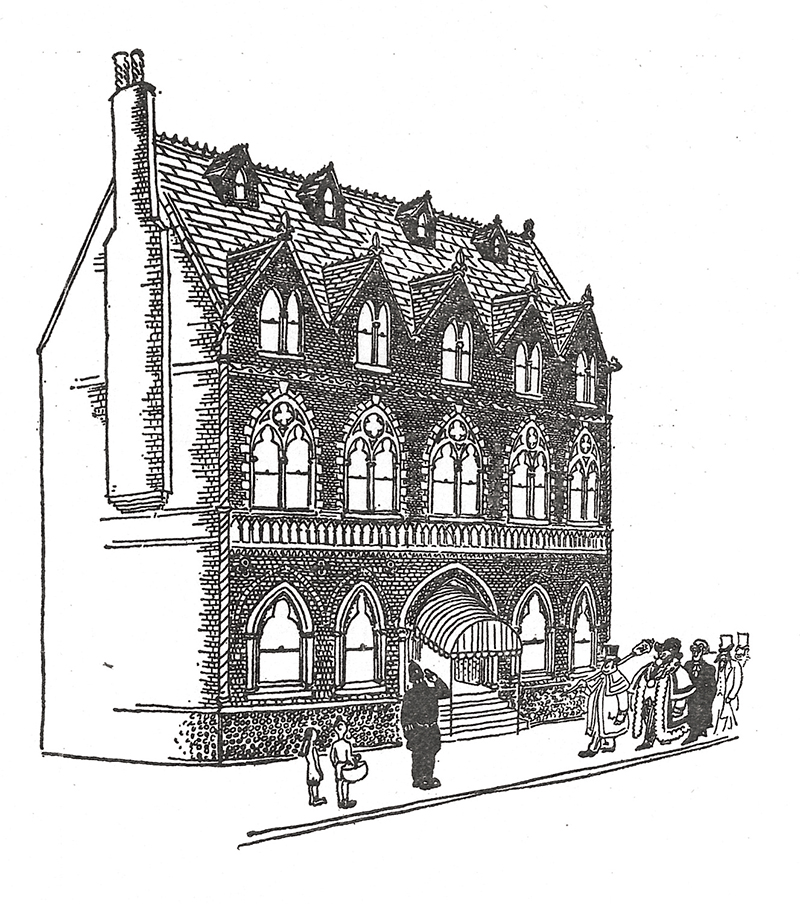
Keith Davies considers the vexed question of whether prayers should be said at town council meetings
“Corporations have neither bodies to be punished, nor souls to be condemned, they therefore do as they like.”—Lord Chancellor Thurlow, member of the government of William Pitt the Younger, (1783-1801) quoted in John Poynder, Literary Extracts, 1844.
Or, as the alternative, more convincing version of this quote goes: “Did you ever expect a corporation to have a conscience, when it has no soul to be damned and no body to be kicked?” (true vintage Thurlow-speak, surely?)
Such pithy remarks apply to companies, public corporations, local councils—bodies of all kinds, in fact, which possess corporate status. These classic statements of Thurlow’s law, in fact, were not used in argument in a recent case decided in the Queen’s Bench Division of the High Court, R (on the application of the National Secular Society) v Bideford Town Council [2012] 2 All ER 1175, [2012] EWHC 175. This was a successful claim for judicial review of the









